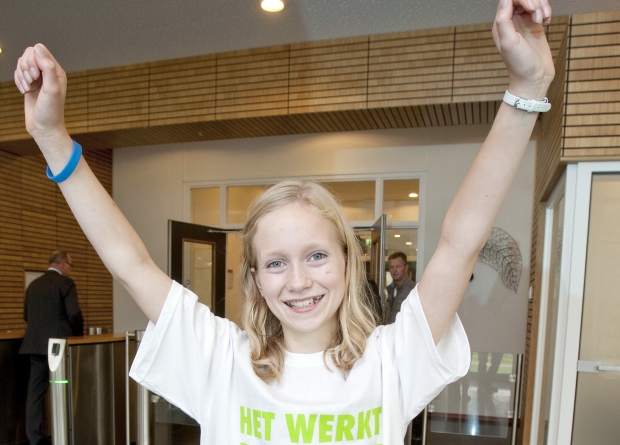 The drugs for Pompe disease will continue to be reimbursed through the Dutch basic healthcare insurance package after 2013. This is a result of negotiations between the Ministry of Health, Welfare and Sport and the relevant parties, including the manufacturers.
The drugs for Pompe disease will continue to be reimbursed through the Dutch basic healthcare insurance package after 2013. This is a result of negotiations between the Ministry of Health, Welfare and Sport and the relevant parties, including the manufacturers.
The financial arrangement applies to the years 2014 to 2016. In the case of Pompe disease, there are large differences between the doses required per patient. The manufacturer has shown itself to be willing to compensate the costs of treating patients who require above average doses. Together with an additional agreement regarding further cost savings in the event of a future growth in volume, this will lead to a substantial reduction in the costs of treatment. In the case of the period after 2016, it will be seen whether tools such as financial arrangements are still necessary in order to be able to continue with the reimbursement. The financial arrangements will form the basis for continuing with reimbursement after 2013 under the terms of the Zorgverzekeringswet (‘Healthcare Insurance Act’).
“Genzyme has certainly had to make concessions, but the interests of the patient are paramount as far as Genzyme is concerned”, says Bert de Jong of Genzyme in the Netherlands. In the course of the last few months, Genzyme has shared much information about the background to the prices of Myozyme with the Ministry of Health, Welfare and Sport. The fact that an international centre of expertise in the field of Pompe disease is based in the Netherlands places a greater pressure on the Dutch system. Because of the considerable knowledge of the disease, there is a relatively large number of patients and a great deal of research is carried out. “This is a unique situation which meant that Genzyme clearly felt its responsibility and took responsibility”, says De Jong.
Treatment of Pompe disease is concentrated at the Erasmus Medical Centre in Rotterdam (Erasmus MC). This means that this centre will be wholly responsible for the treatment of all patients with Pompe disease in the Netherlands. This centre treats patients on the basis of treatment protocols and officially recognised guidelines which are the result of international co-operation.
All stakeholders recognise the importance of more stringent guarantees of the appropriate use of expensive drugs. Research programmes in order to gain increasing insight are currently running. Guaranteeing good criteria with regard to the starting and stopping of the treatment is an important consideration when it comes to this. The patient association also has the appropriate use of drugs high on their agenda. They consider it important that access to these drugs is guaranteed in the case of patients who will benefit from them. The patient association supports research into the improvement of treatment and also actively encourage this among their supporters.
Ria Broekgaarden, The Netherlands
Photo: Spierziekten Nederland
